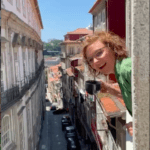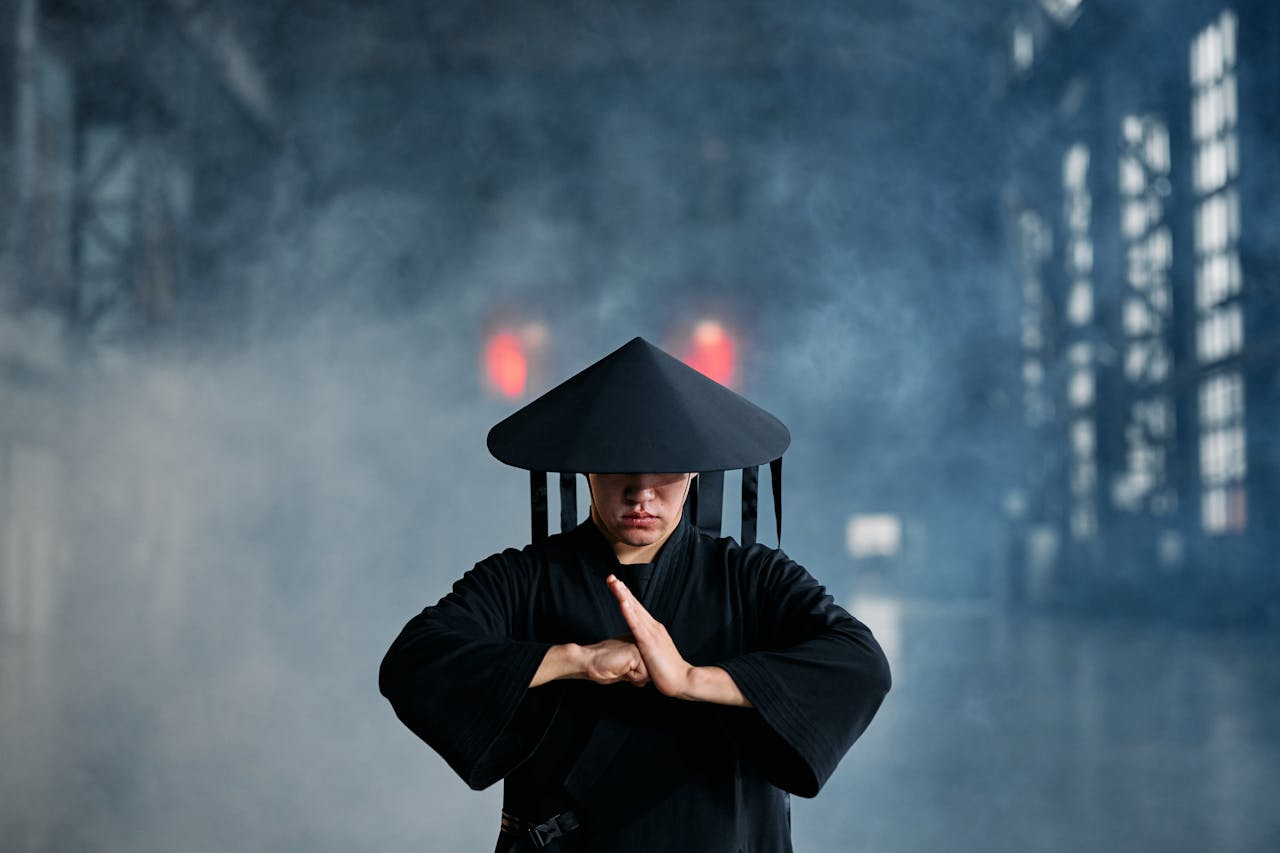When reading a piece of writing, whether it’s a blog, an email or an article, you may find tell-tale signs that it’s written by an amateur. Some words add no meaning to the narrative; they’re either redundant or weak words that could be replaced. Use these tips to level up your writing by sounding less clunky and more natural.
- Cutting words is not always about sticking to a word count, but should also be done to improve the overall quality of your writing.
- Scan your writing for the word ‘very’ and ‘really’. These commonly-used adverbs can usually be replaced by incorporating a stronger adjective.
For example:
very tired = exhausted
ran really fast = sprinted
very dirty = filthy
- Avoid words that are used to imply. For example: ‘She merrily skipped along the garden path.’ The word ‘merrily’ is not required – as skipping already conjures a description of happiness – nobody skips if they’re not feeling light-hearted.
- Don’t mention body parts being used – unless they’re being used unconventionally. She wore an interesting hat on her head. Well, that’s where a hat is usually worn, so no need to mention ‘on her head’.
- Avoid opening a sentence with ‘there is’ or ‘there are’. Find a descriptive way that sounds more professional. For example, when describing a hotel room: ‘There is a king-size bed, and there are two armchairs and a fireplace in the seating area.’ Change it to: ‘In addition to a king-size bed, a fireplace forms the focal point of the room’s seating area.’ Both sentences have 17 words. Which sounds better?
- Then. When showing a sequence of events, either remove ‘then’ or replace it with ‘and’. Frequent use of ‘then’ sounds amateur and even immature. For example: ‘I stepped off the bus, then fell flat on my face. Then my friends bent over in laughter, and then I blushed.’ Instead, write: ‘I missed the last step when exiting the bus, falling flat on my face much to the amusement of my friends. I blushed with embarrassment.’
- Words such as completely, totally, absolutely, and literally seldom add value to a sentence. For example, ‘The trolley was completely full of groceries’ reads the same as, ‘The trolley was full of groceries’ or better yet, ‘The trolley was overflowing with groceries’.
- Up and down. These words are often redundant. For example: ‘I sat down on the chair’ reads the same as ‘I sat on the chair’. Or, ‘I stood up and left the room in a huff’ could be, ‘I stood and left the room in a huff’. Similarly, he ascended
upthe stairs. She descendeddownthe stairs.
- Check your writing for redundant words and phrases; if eliminated, would the sentence still mean the same? For example:
Since his debut introduction to the team, they got on well.
Since his cameo performance, the magician has been a hit.
He beat his all-time best record.
Ask the question to the teacher.
The bald-headed man entered the room.
The boy held the stone in his closed fist.
Next, blend together the wet ingredients.
For a brief moment, I thought I had lost my wallet.
Completely destroyed: It’s either destroyed or it’s just damaged.
The troops advanced forward towards the border.
Follow the recipe carefully, and the end result will be delicious!
When comparing the courses, both are equal to each other.
Languages evolve over time as new things are invented.
My fellow colleagues always leave the coffee area a mess.
- As being: She was known as
beingthe strictest teacher in the school. He was known asbeinga cheat.
- Connect together. A conjunction connects
togethertwo phrases to form a sentence.
- Sometimes, using an antonym sounds better than a clunky phrase. For example: ‘The US dollar decreased in strength against the Euro.’ Instead: ‘The US dollar weakened against the Euro’.
- ‘Due to the fact that he never studied, he failed his exam’. Instead, rephrase it as ‘He never studied, so he failed his exam.’ Or, ‘Because he never studied, he failed his exam.’
- In
finalconclusion, this is the last example to fine-tune your writing!

About the Author

Rose-Anne Turner completed the Travel Writing Course at SA Writers College in 2008.
Since then, she’s worked as both a freelance writer, focusing on travel and lifestyle and a staff feature writer for the Samui Holiday Magazine when living in Thailand. She’s had articles published in both online and print media, including Explore Africa, Travel Ideas, Interval International, and Portugal Living, as well as inflight magazines The Holland Herald (KLM), Sawasdee (Thai Airways), and Morning Calm (Korean Air).
Rose-Anne now lives in Portugal, and aside from freelance writing, she also co-owns a TEFL (Teach English as a Foreign Language) training company, with branches in Thailand, Cambodia and Indonesia, helping those with wanderlust and a love of the English language find a way to live and work abroad.











